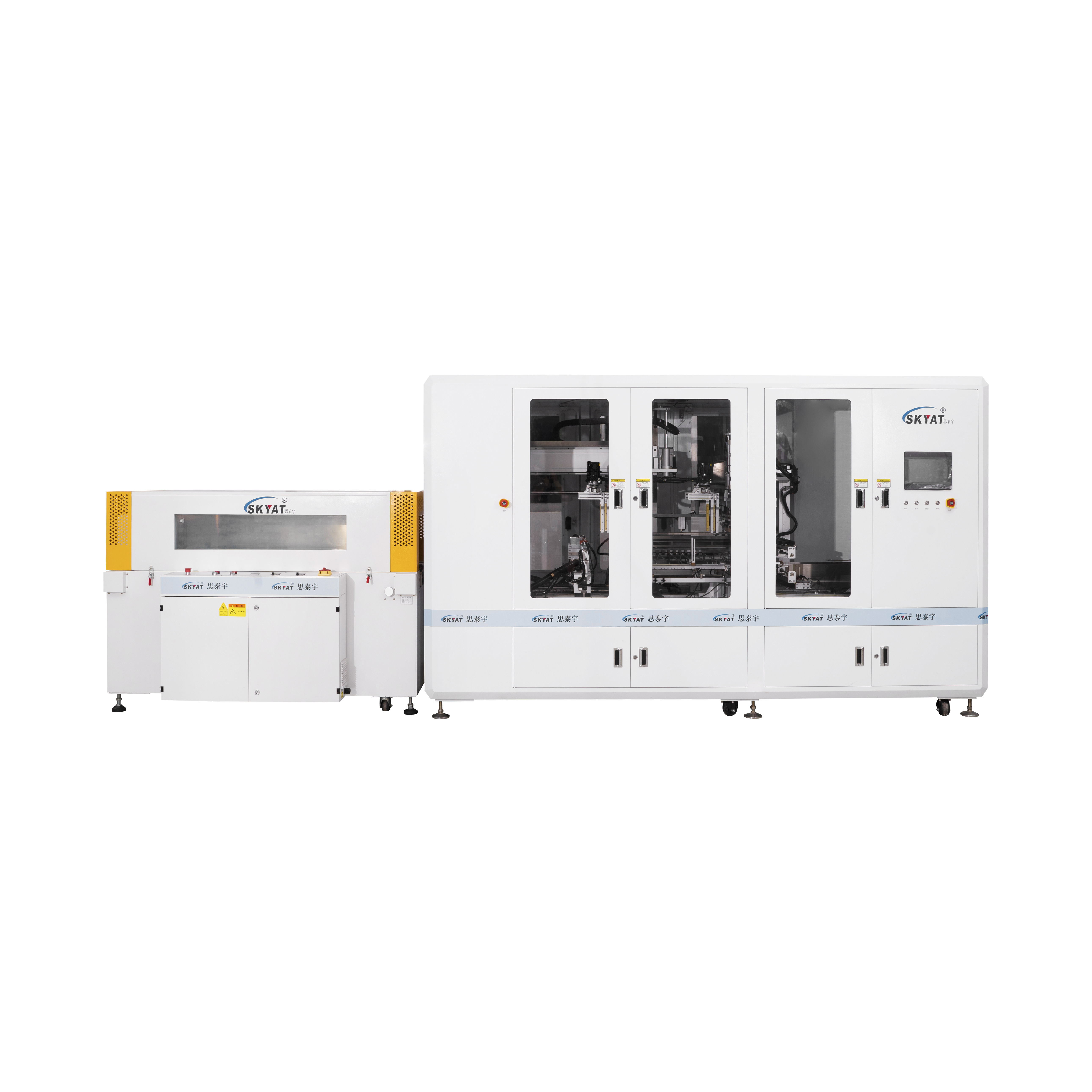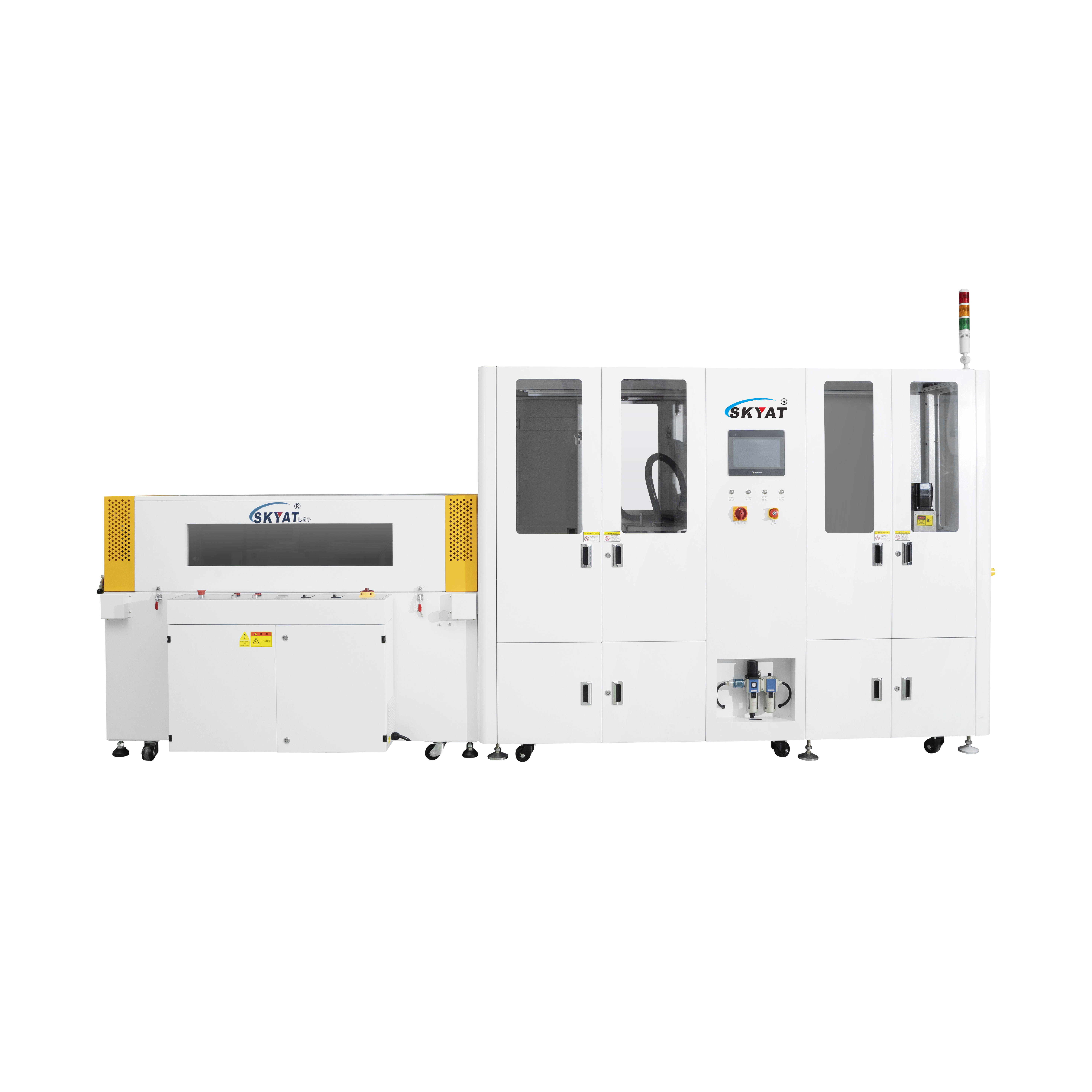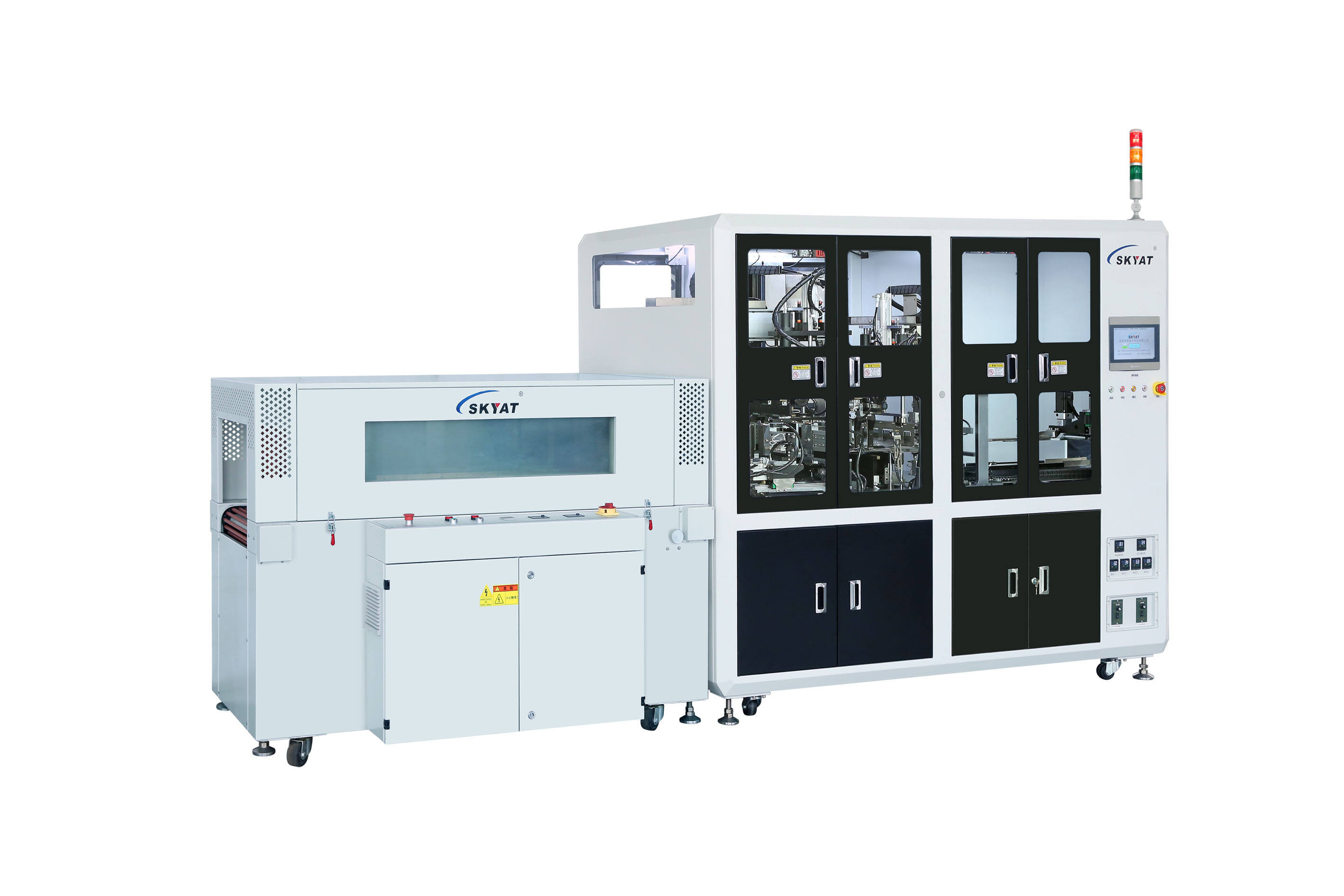The shrink wrap machine industry is evolving rapidly, driven by technological advancements, changing consumer demands, and global sustainability goals—trends that impact businesses across sectors, from electronic manufacturing and automotive production to tea packaging and cosmetic lines. Staying informed about these developments helps companies make forward-thinking decisions, ensuring their packaging processes remain efficient, compliant, and competitive. Sustainability is a dominant trend, with manufacturers prioritizing eco-friendly solutions. This includes the rise of machines compatible with biodegradable, compostable, or recyclable shrink films, reducing reliance on traditional plastics. Innovations like low-energy heating systems and film-saving technology which minimizes material waste are gaining traction, especially among brands in the new energy and healthcare product sectors, where environmental responsibility is a key consumer and regulatory focus. Additionally, modular machine designs that extend lifespan through upgradable components rather than full replacements align with circular economy principles, appealing to industries like steel production and ceramics, where long-term equipment investment is standard. Smart technology integration is transforming operations. IoT-enabled shrink wrap machines now collect real-time data on performance, energy usage, and maintenance needs, allowing remote monitoring and predictive troubleshooting. This is invaluable for industries with 24/7 production lines, such as automotive manufacturing, where unplanned downtime is costly. AI-powered systems are also emerging, optimizing film usage and adjusting settings automatically based on product size or material—beneficial for businesses with diverse product lines, like clothing and drone production. These technologies not only boost efficiency but also enhance traceability, a growing requirement in regulated sectors like pharmaceuticals. Automation and robotics are becoming more accessible, even for small to medium-sized businesses. Robotic arms integrated with shrink wrap machines handle loading, positioning, and unloading, reducing human error and increasing throughput. This is particularly useful in high-precision industries like electronic manufacturing, where consistent product placement ensures uniform wrapping. Collaborative robots cobots that work alongside operators are gaining popularity in sectors like tea processing, where flexibility between manual and automated tasks is needed. Industry-specific customization is on the rise. Manufacturers are developing machines tailored to niche needs: for example, anti-static models for smart electronics, hygienic stainless-steel designs for food and pharmaceuticals, and rugged systems for heavy-duty use in steel or automotive industries. As consumer expectations for packaging quality and sustainability grow, these trends are reshaping the shrink wrap machine market, offering solutions that balance performance, compliance, and environmental responsibility for businesses of all sizes.




Copyright © 2025 By Skyat Limited. - Privacy policy